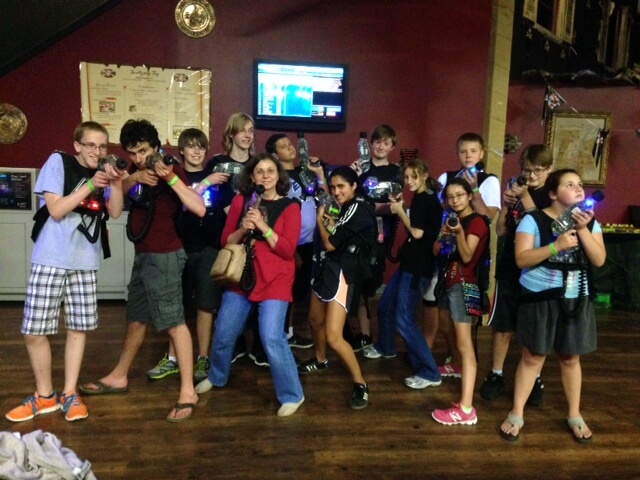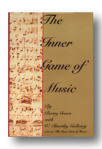· Meeting 20 oboe and bassoon campers!
· Master classes with special guests: Aryn Sweeney, John DeGruchy, Kathy DeGruchy, Lauren Piccirillo, Peggy Grant, Tyler Wilkins, Julie Fuqua, and Connie Ignatiou!
· Reed drills and warm ups with the whole group!
· Playing “Under the Sea” with a 24 person double reed ensemble!
· Playing Twister in the dorms!
· The unseasonably cool weather!
· Taking crazy selfies for the photo scavenger hunt!
· Staying up late playing Apples to Apples!
· Comparing “I’m the only oboe in my …..” stories! (Insert: band, grade, school, county, state, etc.)
· Touring Cincinnati’s historical landmarks!
· Movie night with new friends!
· The beautiful campus and facilities of Xavier University!
· Breakthroughs in reed making, including “firsts” in tying, peeping, and playing student made reeds!
· Playing competitive games with cotton balls, cookies, and oven mitts, and toilet paper!
· Getting to see a contra bassoon live and in person!
· Barret, Barret, and more Barret!
· Double reed laser tag!
· Chamber music with new friends!
Things we don’t miss about Queen City Double Reed Camp:
· Walking to class in the rain.
· Cleaning up after reed making classes.
· Getting up early for 7 AM breakfast.
Hmm… Looks like the pros outweigh the cons! Hope to see you there next year!






